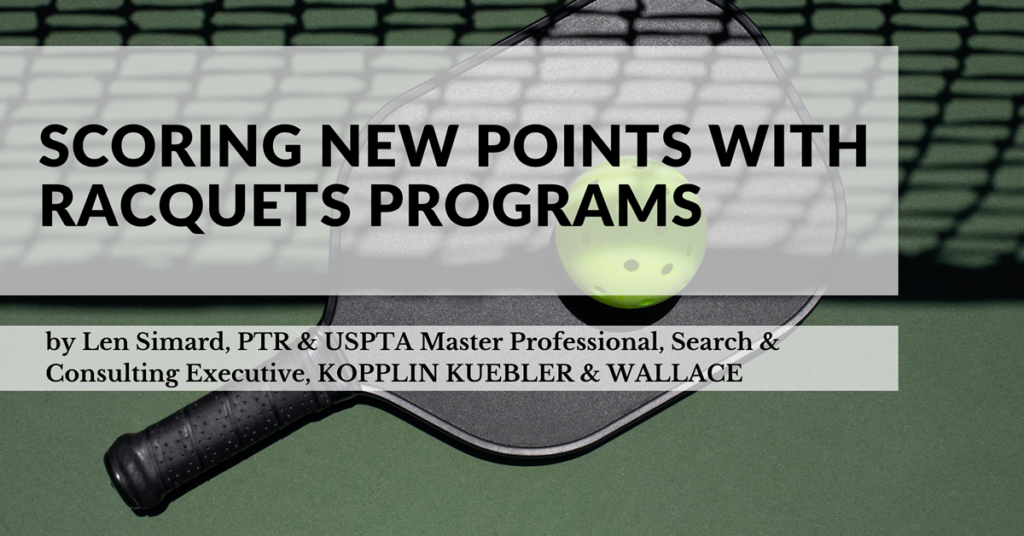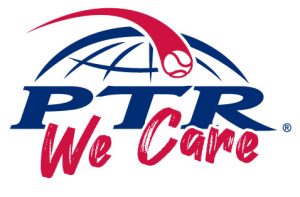In 2024, the racquets industry will continue with massive growth in a changing environment. Now more than ever, it is critical that clubs and their racquets professionals continue to stay relevant by thinking and acting creatively in these areas:
Continued evolution of racquet sports facilities. Clubs will look to enhance their pickleball facilities by not only building permanent pickleball courts, but by adding partially covered courts as well. The Chicken N’Pickle concept, with indoor and outdoor pickleball courts and readily available food and beverage service, will continue to make its way into the mainstream at clubs across the country. The rapid rise of padel will also continue, especially in major metropolitan areas, across the country. The relatively low cost to build an outdoor padel court ($75,000-$85,000), mixed with the low operational cost to maintain it, has made it a great option for clubs looking to expand their racquet sport offerings.
Creative, collaborative and innovative programming. The huge increase in racquet sports participation that was prompted by the pandemic cannot be expected to continue without constant innovative programming. A club will need to continue to focus on entry-level events and programs for all of its racquet-sports offerings to maintain their momentum and upward progression. Collaborating with other club departments to create unforgettable moments for members will be a necessity.
Utilizing talent. Every year, a racquets department’s organizational chart should be cultivated to best utilize the full talents of the team. Staff members should continue to be challenged with more responsibilities, and titles should be adjusted to reward those who best set the team up for success. To keep up properly with pickleball explosion, clubs that don’t already have a head pickleball professional or pickleball coordinator should invest in that position immediately.
Compensation, structure and funding. The current trend is to structure racquet professionals’ compensation packages to incentivize gross revenue and the member experience within the department. Throughout the racquets department, compensation plans should reflect what each employee is responsible for, while also enabling them to share in the growth of the overall program. Assistant professionals’ compensation should include a salary, not only to help them grow as leaders but also to increase the member experience. Finally, this is the time to budget for growth. Support from the Board, management and committees is needed to adequately fund the entire racquets program for a comprehensive experience, including operational and cap ex budgets.
Certification. Because a club’s racquets program can now include four to five sports, it will be increasingly necessary to have professionals who are certified in tennis, pickleball, paddle and padel, as well as squash in some parts of the country.
Leadership, culture and mentorship. More than ever before, creating a kind, creative, positive, and growth mindset within a racquets department is imperative. Regular weekly or bi-weekly individual meetings should be held with staff members, occasionally changing things up to include lunch meetings in a more relaxed setting. Goal setting and checking in on staff members periodically should be a priority, as part of learning about each person and what makes them tick. All staff meetings should be held weekly, along with weekly growth opportunity sessions that share what’s being worked on in other areas. The staff should understand that it is OK to make mistakes, and leaders should take public accountability for things that need to be better. At the same time, staff accomplishments should be praised publicly as much as possible.








